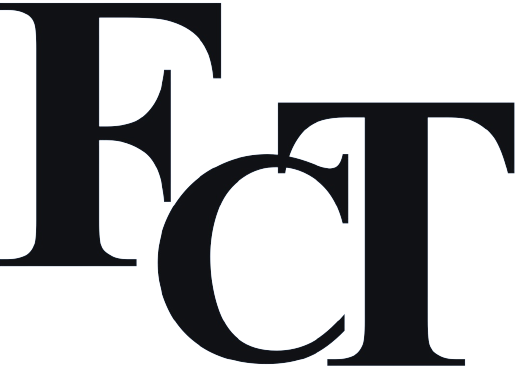The act of reading is central to the discipline of literary study. Along with the adjacent fields of linguistics and philology, philosophy and religious studies, the interpretation of literary texts, too, traces its origin to the secularization of hermeneutics. It is no surprise that some of some of the defining debates in literary study have been about methods of reading. While these debates have shaped the discipline since its very institutionalization at the university, notably with Formalism and New Criticism, the understanding of interpretation as an act of digging below the surface of the text was revived with particular vigour by Frederic Jameson’s 1981 work, The Political Unconscious, bringing together capital and the unconscious, Lacan and Freud, as the hidden impulses behind discourse.
Recent decades have brought some disenchantment with the traditional models of close reading driven by the quest for layers of meaning hidden underneath the text. Distant reading has invoked digital humanities to read vast groups of texts for large patterns, while surface reading has revealed fatigue with the depth driven interpretation, returning to immediate elements of the text, sometimes reminiscent of Susan Sontag’s suspicion of deep interpretation and her celebration of the erotics of the surface.
With these unfolding debates in our background, this course will focus on a particular contemporary trend of what Jeffrey Williams has called “the new modesty in literary criticism” – the return of the figure of the amateur as a reader and critic. The emergence of literary criticism as a discrete pursuit and that of literary study as an academic field required them to become specialized activities distinct from older forms of dilettantish amateurisms that shaped belletristic culture. But attention to the reading lives of marginal and minoritized readers, such as the working class (Jonathan Rose, The Intellectual Lives of the British Working Classes), women Janice Radway, Reading the Romance), the colonized (Gauri Viswanathan, Masks of Conquest), as well as various kinds of “non-literary” readers (Merve Emre, Paraliterary), has renewed focus on the non-specialist reader and their contribution both historical and potential to the academic discipline of literary study.
It has become increasingly clear that literary criticism is likely to remain productively suspended between professional labour and amateur play. For instance, unexpected forms of reading, writing, and learning historically unfolded on the margins of the global British Empire, leading to intriguing accounts of autodidactism and critical self-making left by writers, thinkers, and activists under repressive or exclusionary systems of education enacted by different phases of imperialism. With such examples in mind, we will examine postcritique’s attention on the amateur reader. We will try to find out if established modes of interpretation can be enriched by varieties of non-specialist reading – whether ignorance can sometimes be a richer mode of reading than scholarly knowledge. We’ll look at recent histories of scholarly criticism that have revived these questions, attend to the disenchantments of critique and the possibilities of postcritique, consider the dialectic of the amateur and the professional in the making of the colonial and postcolonial reader in India, and conclude with the place of the amateur in the undergraduate classroom of English literary study.









